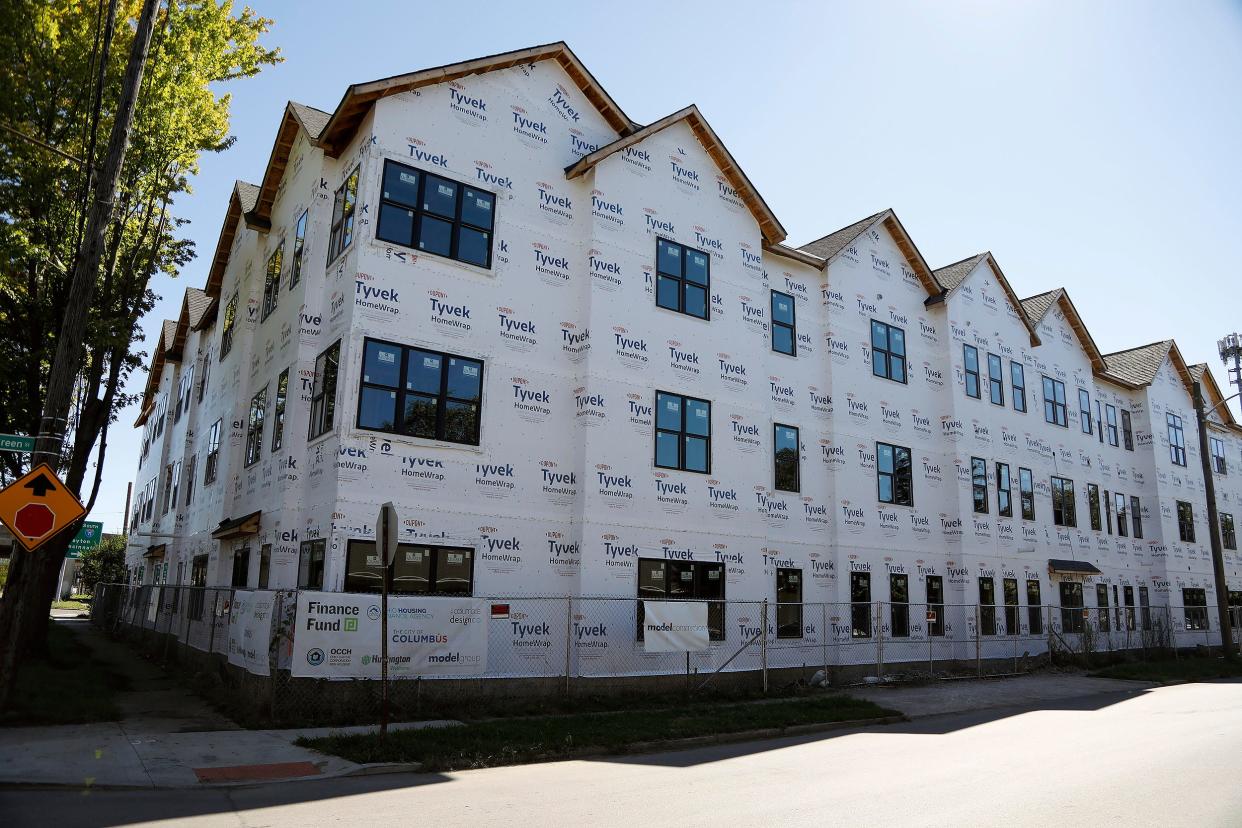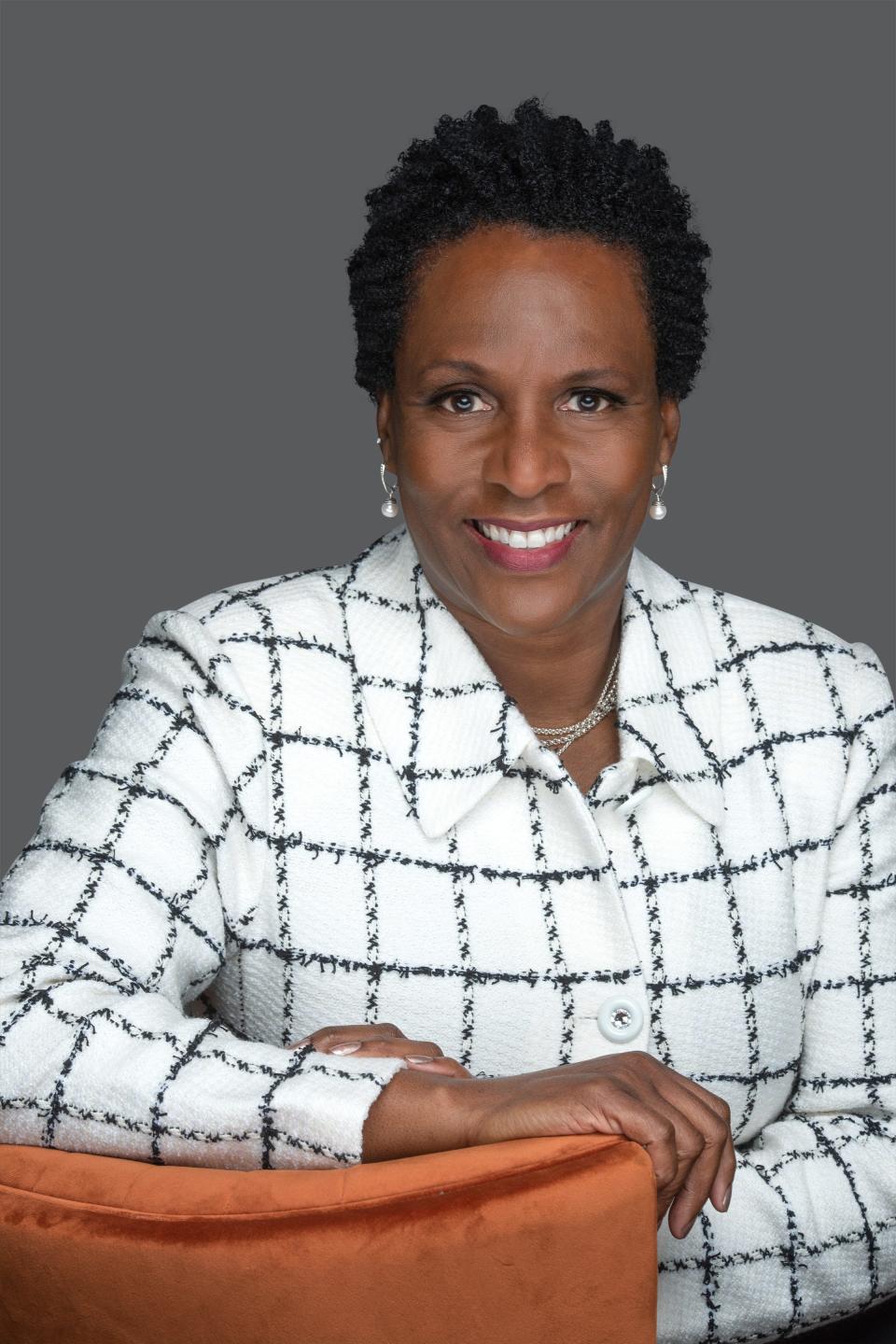New program seeks to build ranks of minority and female developers

A new Columbus-area program seeks to remedy the region's affordable housing shortage by helping minority and female developers build more homes.
The program, called the Emerging Developers Accelerator Program, will provide education and funding for the developers in the hopes that they will provide more housing.
Local officials, along with U.S. Secretary of Housing and Urban Development Marcia Fudge, announced the program Tuesday, saying it will help address two problems: a shortage of housing and a shortage of minority and female developers.
"I'm saying to the powers-that-be, 'move over,' " said Fudge, who on Monday announced several federal incentives to build more affordable housing.
"It is time for you to make room for other people."
The accelerator program was created by he Affordable Housing Trust for Columbus and Franklin County and is being funded by the city of Columbus, Franklin County and JPMorgan Chase.
“As we know, our community is facing a housing crisis," said Lark Mallory, the president and CEO of the Affordable Housing Trust.
"With any complicated economic problem, we must attack it from both demand side and supply side. This program is focused on supply side — bringing emerging developers, particularly women and people of color, into the pipeline. As we increase the number of developers, we also increase the number of housing units we bring online."

Participants would pay $1,250 to enroll in the program, which is designed to teach them about "all aspects of development, including project feasibility; site selection and acquisition; proformas; architectural relationships; selecting, negotiating and working with a general contractor; zoning; obtaining financing; and more," according to a news release about the program.
The program started accepting applications Tuesday evening. Applications for the first round of classes are due June 30.
Mallory said the program would seek applicants with a business track record who want to take the next step. While anyone can apply, the program is designed to help underrepresented applicants, she said.
"Our goal is to decrease the wealth gap," she said.
After attending six months of classes, participants would submit a development plan to the Affordable Housing Trust for review and for possible loans.
JPMorgan Chase is donating $150,000 to pay for the classes while Franklin County and the city of Columbus are each contributing $5 million to help finance projects that emerge from the classes.
“Aside from issues with zoning, housing stock and access to development capital, the housing crisis in our region has also spotlighted the need for diverse developers,” said Corrine Burger, Columbus location leader for JPMorgan Chase.
“Programs like EDAP are important because they address issues in housing, workforce and the racial wealth gap, which are all key drivers to making central Ohio a more inclusive economy.”
Mallory estimated that 10 to 15 people would take each class, which is designed to be offered twice a year.
An estimated 54,000 low-and moderate-income households in Franklin County are spending more than half of their incomes on housing, according a 2017 estimate by the Affordable Housing Alliance of Central Ohio. According to the Alliance, one in five Columbus-area renters was unsure in December how they were going to make their next rental payment.
jweiker@dispatch.com
@JimWeiker
This article originally appeared on The Columbus Dispatch: Affordable housing program encourages minority and female builders

